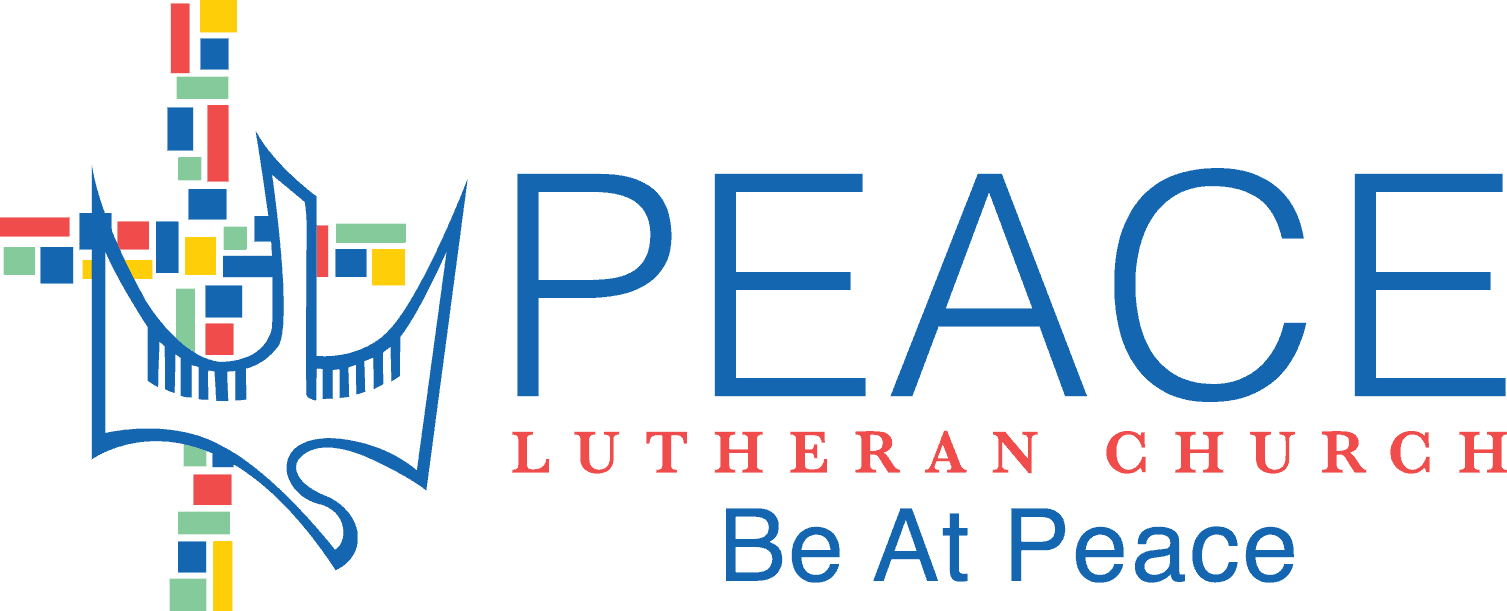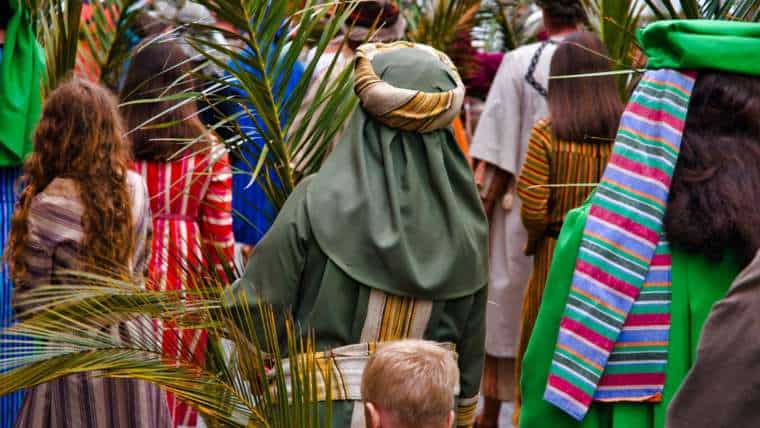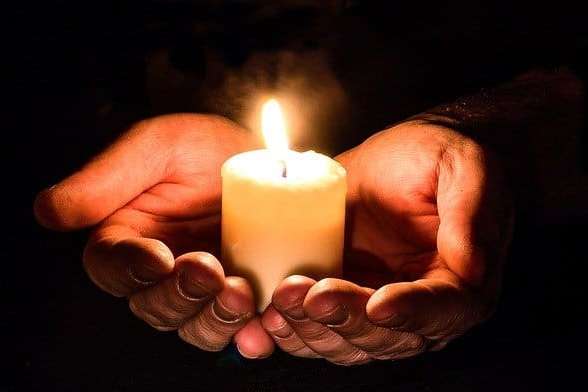Author: Linda Hoveskeland, Sacred Ground Reflections
The Sacred Ground program taught me to listen and to question and to see oppression from different perspectives. It also showed me some of the ways in which people and communities struggling against oppression and inequality can still strive to accomplish great things. It helped me to see what I can do moving forward.
As a young woman, I married into the African American family of my late husband. They welcomed me with open arms, but some members of my birth family did not reciprocate. As part of my new family, I was included in gatherings and celebrations where I was often the only white person at these events. It was a new experience to be in the minority in these situations, one which I value deeply. Sacred Ground helped me understand my experiences in new ways. Sometimes, as I did the readings and watched the videos, I found myself saying, “How did I not know this before?” or “I never thought about this that way before.”
Sometimes the ideas and history our group discussed triggered emotional memories for me. But I felt safe enough to talk about them within our group. Everyone in our group happened to be white. I think that made it possible for us to discuss things that we might have been hesitant to bring up in a more racially diverse group.
We had thought-provoking readings and videos to prepare us for each Sacred Ground discussion. Many of those presented the voices of people of color who have lived with racism and discrimination and told how they met those challenges within their own lives. One of the readings that I found particularly helpful was Howard Thurman’s book, Jesus and the Disinherited, in which he talks about Jesus living within the oppressive historical context of Roman occupation. He asked how people survive when they live with fear, violence, and oppression. Thurman said there are basically two responses, resignation and resistance. Resistance can take many forms, but is at its heart the struggle to be free and to maintain one’s dignity and sense of self. Resistance born in God’s love, through Jesus’ life, death and resurrection, can make a way where there is no way. Matthew 10:28 tells us “Do not fear those who deprive the body of life, but cannot destroy the soul. Rather, fear him who can destroy both body and soul…” I learned in Sacred Ground that oppressed peoples who struggle to survive and thrive have done so through faith, resilience, unity, hope, determination, and creativity.
I feel that it was significant that I went through the Sacred Ground course with my new husband, Ardell, who is also of European descent. We both grew up in communities where there were few people of color. Growing up, most of what I knew about people of color was gleaned from TV and reading, rather than personal contact. He and I were able to talk about our similar experiences and share our journey to become more aware and knowledgeable and sensitive to our white privilege and how that affected our perspectives and actions and the effect it had on people who were different from us.
What does that mean for me as a privileged white person? For one thing, it means that I’m seeing things differently. When my husband and I travel, we have an interest in the culture and history of places where we go, and now we are seeing that history differently. We’re asking whose stories are getting told here? Whose story is being ignored or denied? We are beginning to call attention to things that have been left out or offered only from one perspective, usually that of the dominant culture.
I can continue to educate myself, continue to read and to question and to learn so that I can understand better, so that I can do better. I can put the privilege that I have, but did not earn, to better use. Whatever I have done or left undone or whatever my ancestors have done that contributed to the oppression of others, I know there is forgiveness through God’s grace and love. And looking to Jesus, I know if His love for me is written on my heart, then I have the power in my own small way to give that love back to help make life better for all of us.
I can learn how to be an ally. I can support the efforts of people of color to tell their own histories, not only to the dominant culture, but to their children so that they know who they are, where they came from, and what they have accomplished. I want to be able to assist in making things better for people who already know what they need and know what they want to accomplish.
Psalm 139 has always had special meaning for me, and now even more so. “You have searched me, Lord, and you know me…Before a word is on my tongue you, Lord, know it completely. You hem me in behind and before, and you lay your hand upon me…Where can I go from your Spirit? Where can I flee from your presence?…Search me, God, and know my heart; test me and know my anxious thoughts. See if there is any offensive way in me, and lead me in the way everlasting.” Psalm 139:1,4-5,7,23-24
As I look ahead, I offer this prayer…
Dear God,
Give me ears to listen to other voices,
Eyes to see beyond the veil of my own privilege,
A heart to understand others different from myself.
Hands to do your will in love and justice.
Amen



